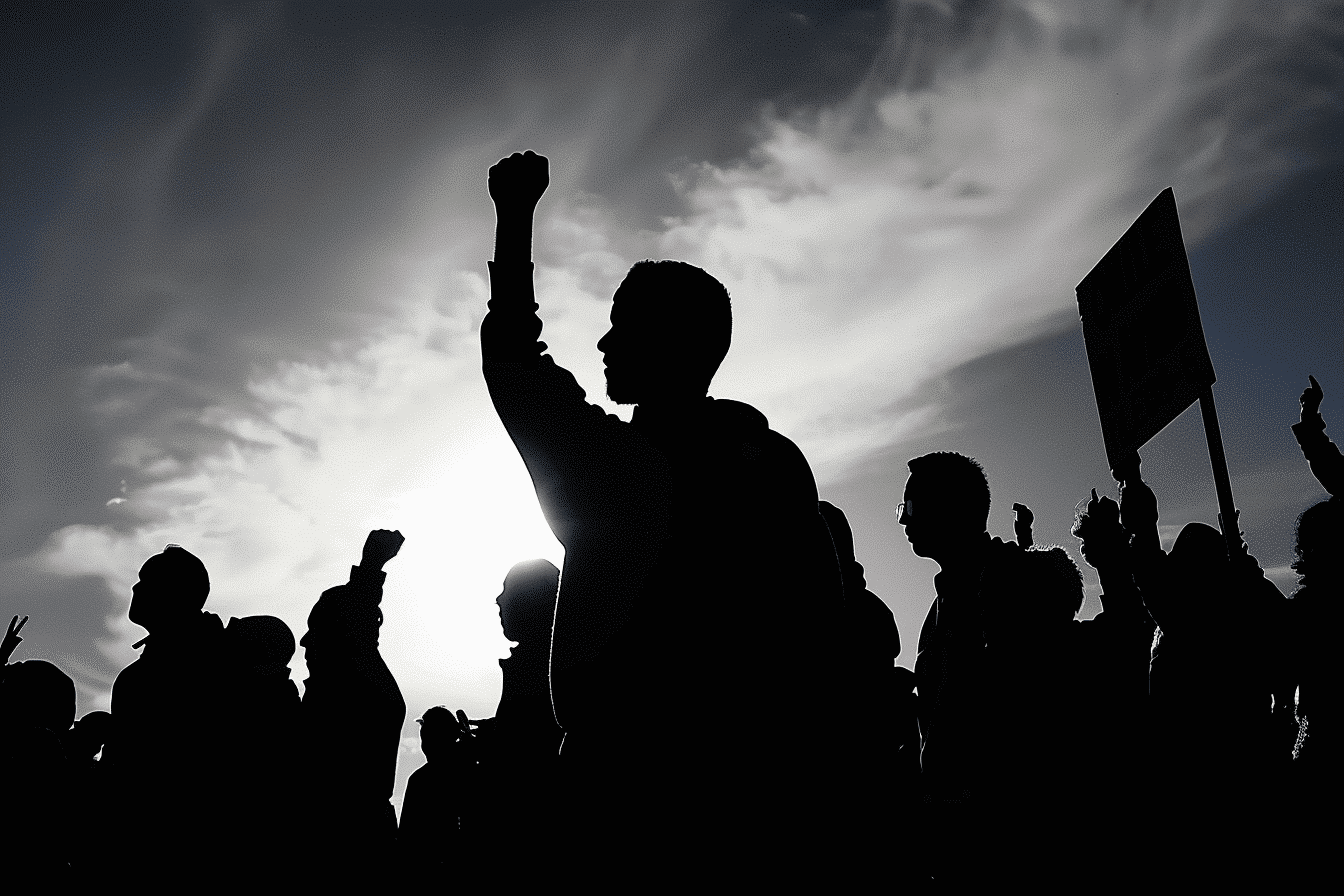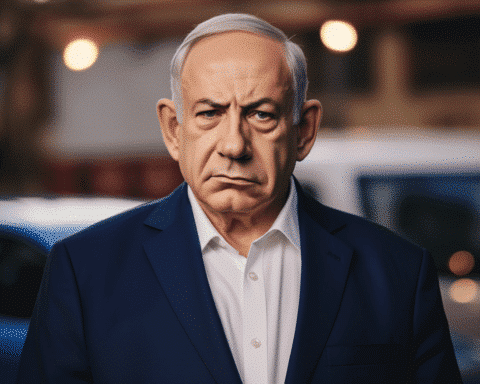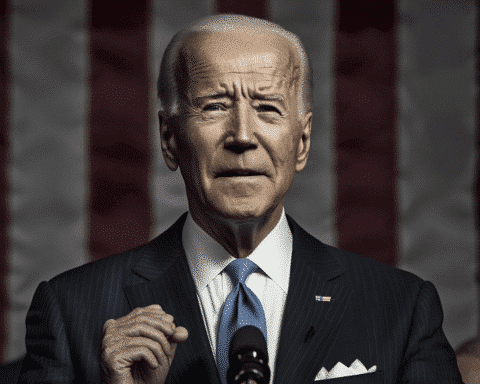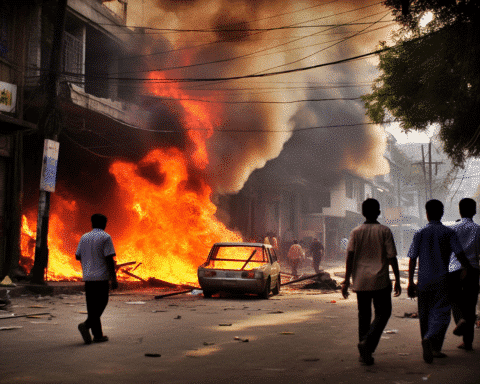Workers and activists worldwide commemorated May Day with a unified call for labor rights, economic reforms, and political change, as protests erupted across the globe on Wednesday. From Istanbul to Tokyo, demonstrators took to the streets, highlighting a diverse range of grievances and demands.
In Istanbul, clashes between protesters and police marred the day, with tear gas and rubber bullets used to disperse thousands attempting to breach barricades and reach Taksim square. The Turkish government, led by President Recep Tayyip Erdogan, had long banned demonstrations in the area due to security concerns, stemming from a tragic incident in 1977 where unidentified gunmen opened fire during a May Day celebration, resulting in 34 fatalities. Despite the crackdown, a small group managed to pay homage to the victims at a monument.
Meanwhile, in Paris, the atmosphere turned tense as protesters demanded better pay and working conditions, prompting police to deploy tear gas. Adding to the turmoil, some demonstrators set makeshift Olympic rings ablaze, expressing discontent with the upcoming Summer Games. French unions threatened a strike during the event unless the government addressed compensation concerns for those working during the holidays.
Pro-Palestinian sentiments resonated throughout the demonstrations, with solidarity expressed in various countries. In Greece, protesters waved a giant Palestinian flag as they marched past the parliament, while similar scenes unfolded in South Africa. In the United States, banners displayed support for pro-Palestinian student protesters.
Across Africa, from Nigeria to Kenya, demands for higher wages and improved living standards echoed through the streets. In South Africa, pro-Palestinian demonstrators joined the May Day events, underscoring the interconnectedness of global issues.
In the Middle East, Lebanon and Iraq witnessed demonstrations against economic crises and labor conditions. In Lebanon, protesters called attention to the government’s failure to address the deteriorating economic situation, while in Iraq, demands ranged from better wages to the reopening of closed factories.
In Asia, nations grappled with a myriad of challenges. In Sri Lanka, tens of thousands took to the streets amidst the country’s worst economic crisis in years, protesting against increased taxes and electricity prices. In South Korea, protesters criticized President Yoon Suk Yeol’s government for anti-labor policies, while in Japan, calls for salary increases to offset rising prices highlighted growing income disparities.
Indonesia saw workers rallying against the Job Creation Law and loosened outsourcing rules, advocating for migrant worker protections and a minimum wage raise. In the Philippines, hundreds marched to demand wage increases and job security amid soaring food and oil prices, despite facing resistance from riot police near the presidential palace.
May Day, traditionally observed on May 1st, serves as a reminder of the ongoing struggles for workers’ rights and social justice worldwide. As diverse voices unite in protest, the global labor movement continues to push for tangible reforms and systemic change, confronting the challenges of an ever-changing socio-political landscape.




